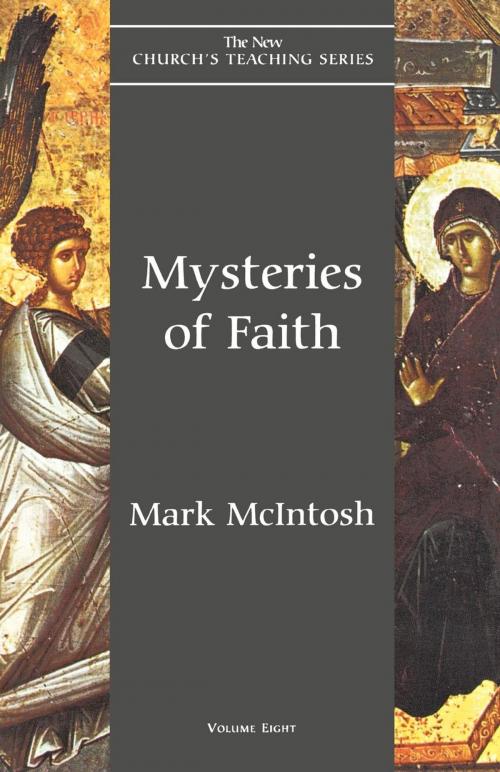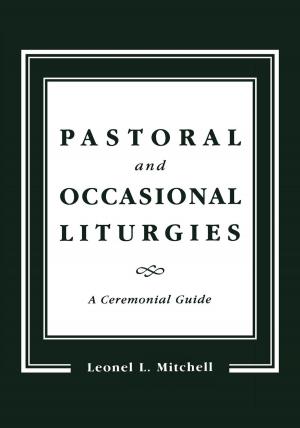Mysteries of Faith
Nonfiction, Religion & Spirituality, Christianity, Denominations, Episcopalianism, Anglicanism, Other Practices| Author: | Mark McIntosh | ISBN: | 9781461660668 |
| Publisher: | Cowley Publications | Publication: | January 25, 2000 |
| Imprint: | Cowley Publications | Language: | English |
| Author: | Mark McIntosh |
| ISBN: | 9781461660668 |
| Publisher: | Cowley Publications |
| Publication: | January 25, 2000 |
| Imprint: | Cowley Publications |
| Language: | English |
In this volume of The New Church's Teaching Series, Mark McIntosh introduces the great mysteries of the Christian faith: the doctrines of creation, revelation, incarnation, salvation, and eschatology, which are all held together by the doctrine of the Trinity. To explain these beliefs for Christians today, particularly the Trinity, McIntosh begins with what we know: the language of relationship and mutuality, of friendship and family ties.
The central theme of the book is our relationship with Jesus and our relationship with our neighbor, for such mutuality lies at the heart of every doctrine. McIntosh's starting point is the fact that every one of us is a theologian, for we are all drawn to approach the mysteries of faith with attention and love. By drawing on our common experiences as members of a community of faith, particularly through the sacraments of baptism and eucharist, he helps us to explore these mysteries for ourselves and to see how we might live them in our daily lives.
As with each book in The New Church's Teaching Series, recommended resources for further reading and questions for discussion are included.
In this volume of The New Church's Teaching Series, Mark McIntosh introduces the great mysteries of the Christian faith: the doctrines of creation, revelation, incarnation, salvation, and eschatology, which are all held together by the doctrine of the Trinity. To explain these beliefs for Christians today, particularly the Trinity, McIntosh begins with what we know: the language of relationship and mutuality, of friendship and family ties.
The central theme of the book is our relationship with Jesus and our relationship with our neighbor, for such mutuality lies at the heart of every doctrine. McIntosh's starting point is the fact that every one of us is a theologian, for we are all drawn to approach the mysteries of faith with attention and love. By drawing on our common experiences as members of a community of faith, particularly through the sacraments of baptism and eucharist, he helps us to explore these mysteries for ourselves and to see how we might live them in our daily lives.
As with each book in The New Church's Teaching Series, recommended resources for further reading and questions for discussion are included.















